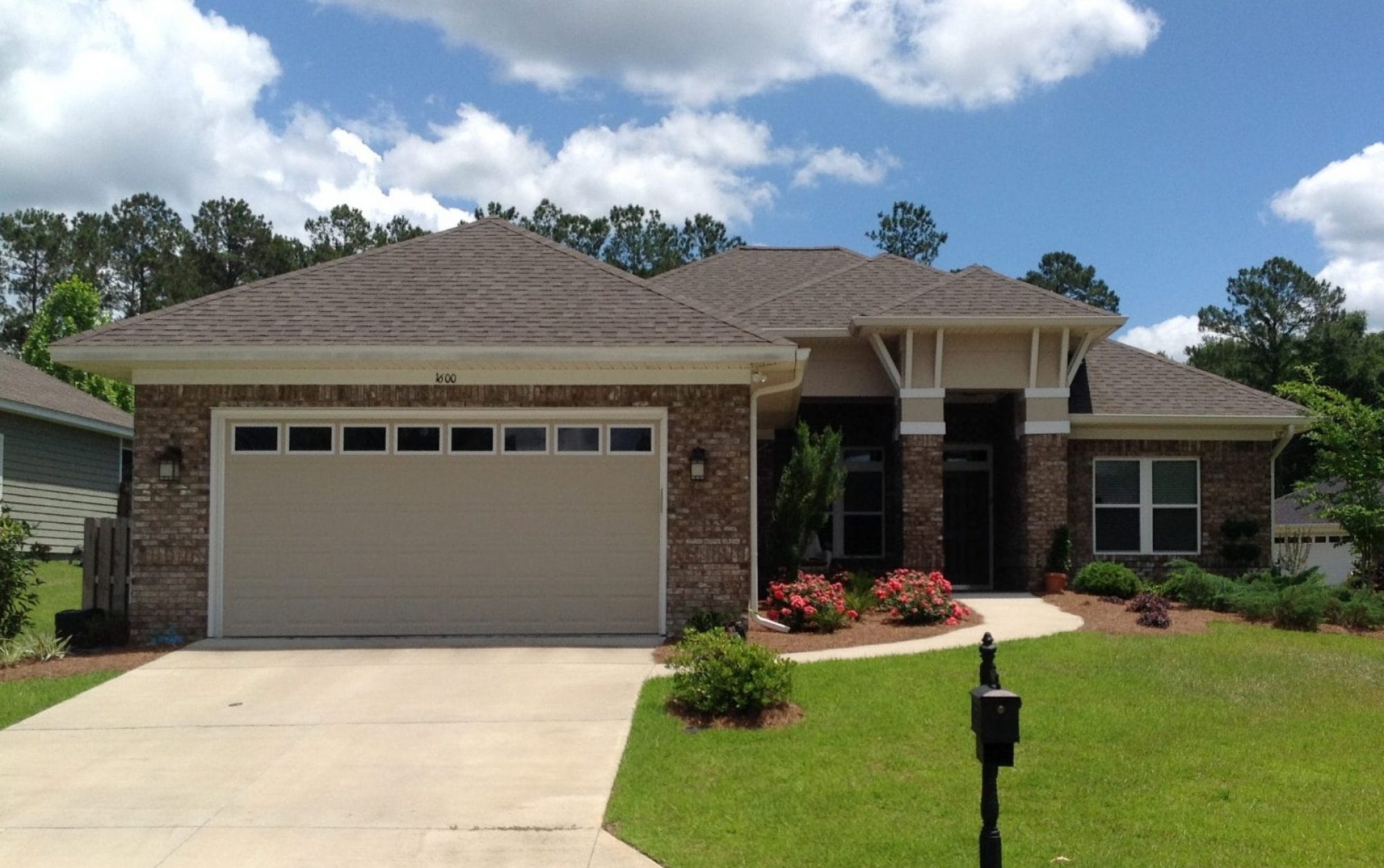
As we head into a new year, the most common question we receive is, “What’s the outlook for real estate in 2018?”
It’s not just potential buyers and sellers who are curious; homeowners also want reassurance their home’s value is going up. The good news is that a strong U.S. economy, coupled with low unemployment rates, is expected to drive continued real estate growth in 2018. However, changes on the horizon could significantly impact you if you plan to buy, sell or refinance this year.
Home Values Will Continue To Rise
Get ready for another strong year! U.S. home values and sales volume will continue to rise in 2018.
Experts agree that home prices will increase this year, but predict a slower rate of appreciation than 2017, which clocked in at nearly 7 percent nationwide. National Association of Realtors (NAR) Chief Economist Lawrence Yun predicts a growth rate this year of 5.5 percent, while Freddie Mac’s September Outlook Report forecasts a rate of 4.9 percent. Either way, all indicators point towards continued growth in 2018.
What does it mean for you? If you’re a current homeowner, real estate proves once again to be a solid investment over the long term. If you’re in the market to buy this year, don’t wait any longer. Prices will continue to go up, so you’ll pay more six months from now than you would today.
New Construction Will Make Real Estate More Accessible
Lack of inventory in the housing market has been a primary impediment to homeownership for many Americans. “Ten years ago, the problem in the housing market was lack of buyers,” says Yun. “Today, the problem is lack of sellers. Inventory levels are near historic lows.” And this lack of inventory has pushed prices up beyond levels affordable for many first-time buyers.
The good news? Yun expects a 9.4 percentage point increase in single-family new home construction starts.
Economists predict that builders will focus more on entry-level homes this year, due to increasingly high demand. Robert Dietz, of the National Association of Home Builders, agrees. “The markets that are going to grow are ones where builders can add that entry level product.”
The new entry-level construction will come with a catch though … it will be located in the suburbs, where the availability of land and fewer zoning requirements make it more cost-effective to build. Economists predict that’s where millennials and first-time buyers will flock for the greater variety of homes at affordable prices. In fact, the National Association of Realtors’ 2017 Home Buyer and Seller Generational Trends found that 57 percent of millennial buyers opted for a suburban location.
Interest Rates Will Rise
No one knows exactly what will happen with mortgage rates this year, but the Mortgage Bankers Association anticipates the Federal Reserve will raise rates three times in 2018, with Freddie Mac’s 30-year fixed rate mortgage reaching 4.8 percent by the end of Q4, up from around 4 percent at the end of 2017.
Kiplinger.com Economist David Payne also predicts interests rates will rise this year, with short-term rates outpacing long-term rates as the Fed aims to curb inflation in a tightening job market. He predicts the bank prime rate that home equity loans are based on will increase from 4.25 percent to 5 percent by the end of 2018.
What does it mean for you? If you’re in the market to buy, act now before interest rates go up! And if you’re a current homeowner who is considering refinancing or a home equity loan, don’t wait.

